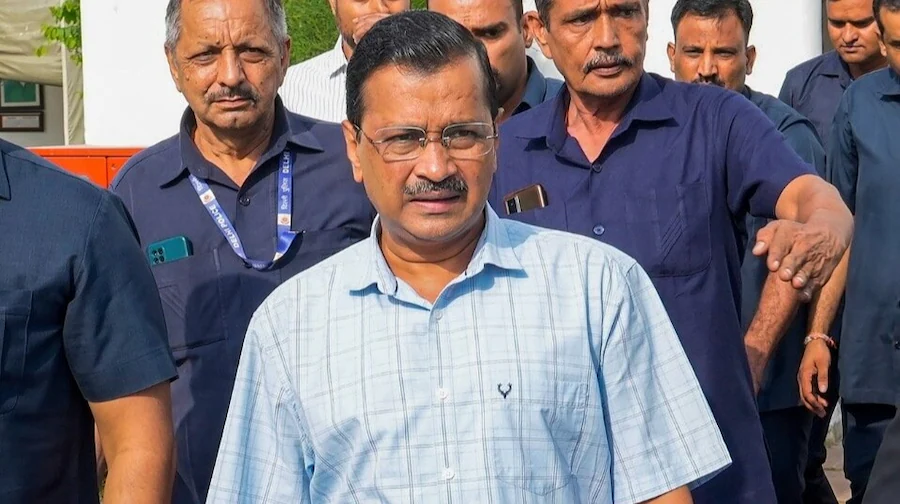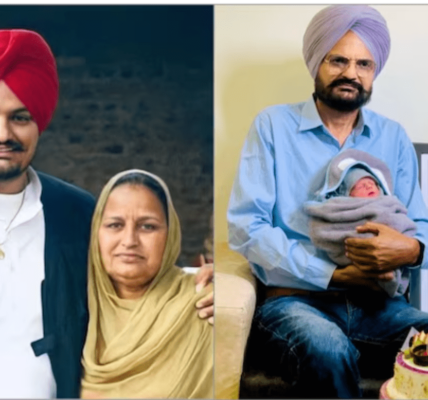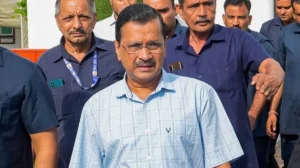
Arvind Kejriwal, the Chief Minister of Delhi, was arrested by the Enforcement Directorate (ED) at his home in Delhi on March 21, 2024. The arrest came amid allegations of corruption and money laundering related to the Delhi government’s excise policy of 2021-22, which had been scrapped due to accusations of financial irregularities. Kejriwal’s detention marks a significant event in Indian politics, as it is the first time a serving Chief Minister has faced such charges.
Arvind Kejriwal’s Political Saga
Arvind Kejriwal’s political career has been marked by his determination and dedication to reform. Born on August 16, 1968, in Siwani, Haryana, Kejriwal initially worked at Tata Steel before joining the Indian Revenue Service (IRS) as an Assistant Commissioner of Income Tax in 1995. His foray into activism began with the Parivartan movement in 1999, which earned him the prestigious Ramon Magsaysay Award in 2006, further propelling him into the public eye.
In 2011, Arvind Kejriwal became a central figure in the anti-corruption movement, leading to the formation of the Aam Aadmi Party (AAP) on November 26, 2012. The party’s debut in the 2013 Delhi Legislative Assembly elections was a success, and Arvind Kejriwal became the Chief Minister of Delhi. Although his first term was brief, lasting only 49 days, it set the stage for AAP’s future achievements.
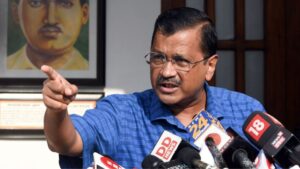
Arvind Kejriwal’s political skills shone through in the 2015 Delhi elections, where his party, the Aam Aadmi Party (AAP), secured an overwhelming majority, winning 67 out of the 70 seats. This victory marked the beginning of his second term as Chief Minister. Under his leadership, AAP focused on improving healthcare, education, and utility services, which resonated with the public.
Arvind Kejriwal’s third term began after the 2020 elections, further strengthening his influence in Delhi’s governance. Outside of Delhi, Arvind Kejriwal’s AAP achieved another milestone by winning the 2022 Punjab Legislative Assembly election, expanding the party’s reach beyond the capital. As the most followed Chief Minister on Twitter in India, Kejriwal’s influence extends well beyond the physical boundaries of his jurisdiction.
The Excise Policy Controversy
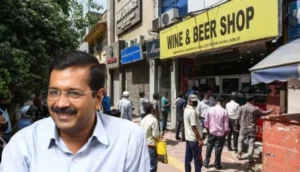
The Delhi government introduced an excise policy for 2021-22 allowed private entities to handle the wholesale liquor business with a fixed margin of 12%. However, the policy faced widespread controversy, as it was alleged that the setup was designed to provide a 6% kickback to the Aam Aadmi Party (AAP). The scrapped policy is said to have caused a loss of over Rs 580 crore to the state exchequer. An investigation by the Enforcement Directorate (ED) suggests that the policy was intentionally crafted with loopholes to benefit certain liquor businesses and, in turn, the AAP leaders through kickbacks.
These funds were allegedly used to influence elections in Punjab and Goa, adding a layer of political intrigue to the case. Arvind Kejriwal, the Chief Minister of Delhi, was arrested on March 21, 2024, after ignoring nine summons. This event marks a new low in the AAP’s governance saga. The case has become a focal point for scrutinizing the party’s integrity and Arvind Kejriwal’s leadership, as it unfolds under the nation’s watchful eye.
Also Read : CAA: 4 Years later Citizenship Law CAA Set to Materialize Today After Bill Approval
Voices from the Political Sphere
The incident has sparked reactions from various political figures. Rahul Gandhi, a Congress leader, commented on the pattern of arresting elected Chief Ministers, calling it a common occurrence and hinting at a larger political agenda. M.K. Stalin, the Chief Minister of Tamil Nadu, also expressed his disapproval of the arrest, suggesting it was driven by fear of electoral defeat. As the story continues to unfold, the nation watches with anticipation to see the outcome of this unprecedented political drama.

